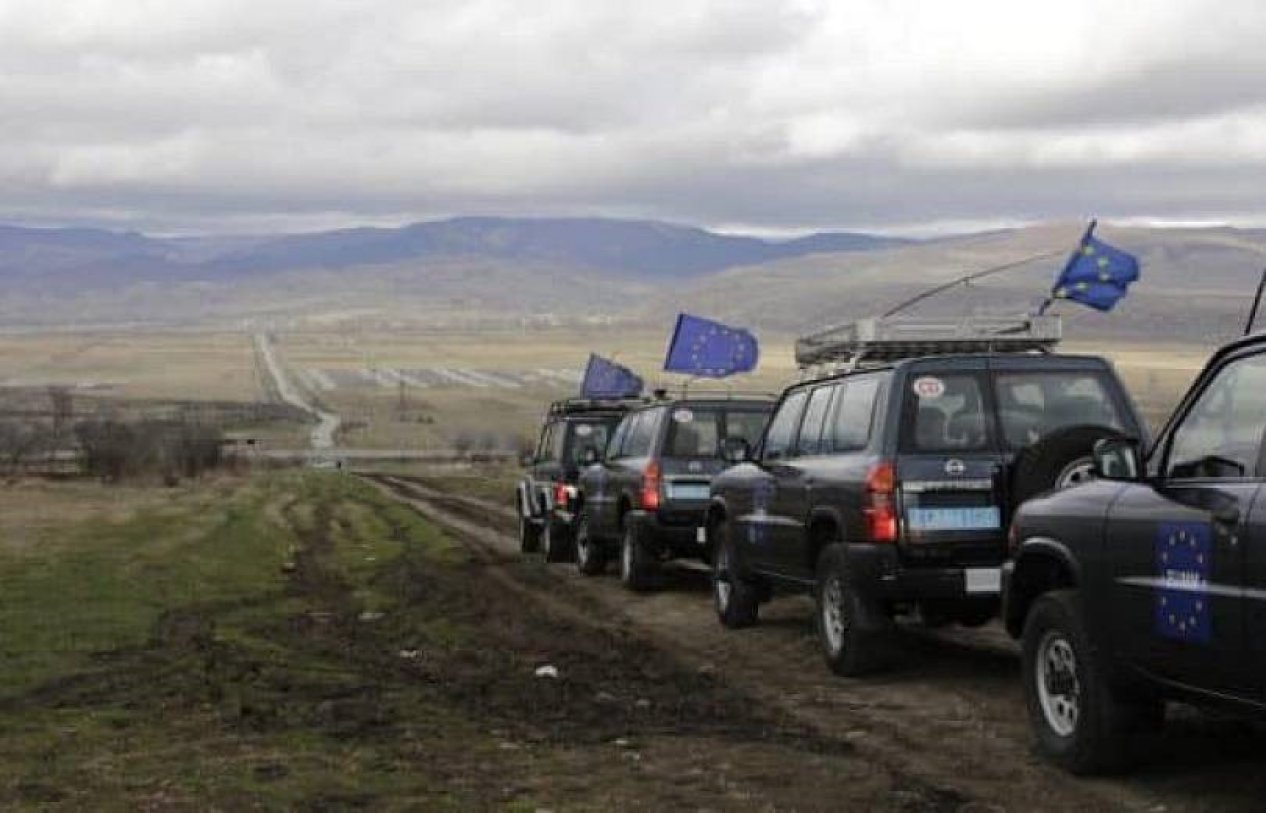
Following the invitation by the government of the Republic of Armenia, the OSCE sent a needs assessment team to the country on October 21-27.
The purpose of the visit is to assess the situation in certain border areas, on the basis of the OSCE’s mandate and expertise within its comprehensive concept of security.
The technical team comprised of international experts and representatives of the OSCE Secretariat will visit areas along the Armenian-Azerbaijani border and hold consultations with the relevant national and local stakeholders as well as international partners on the ground.
Recently, Armenian Foreign Minister Ararat Mirzoyan has received an OSCE needs assessment mission led by the representative of Poland chairing the OSCE, Colonel Robert Arkadiusz Tkaczyk. Mirzoyan emphasized that the OSCE needs assessment mission in Armenia fully corresponds to the organization’s mandate and objectives.
The decision to send an OSCE needs assessment mission to Armenia based on the country’s request was taken by the OSCE Chairmanship and Secretariat on the basis of the relevant decisions of the OSCE Ministerial Council, adopted with the consent of all participating countries of the Organization.
Faktyoxla Lab has tried to find out how justified and legitimate this OSCE mission is.
To begin with, the OSCE is made up of 57 participating states from Europe, Central Asia and North America. Every year, one of the participating states chairs the OSCE under the foreign minister of that country as the chairperson-in-office. The functions of the chairperson-in-office are performed by the foreign minister of that state. The current chairman is Polish Foreign Minister Zbigniew Rau.
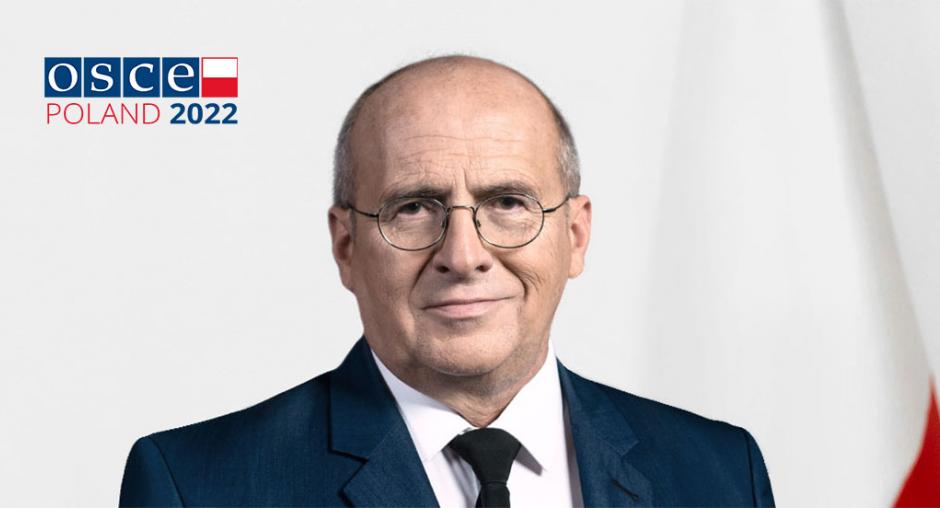
The OSCE Secretariat consists of administrative and programmatic departments and units focused on conflict prevention, economic and environmental activities, co-operation with Partner countries and organizations, gender equality, anti-trafficking, as well as transnational threats, including anti-terrorism, border management and policing reform. They monitor trends, provide expert analysis and implement projects in the field.
The Secretariat assists the OSCE Chairmanship; supports OSCE field activities; maintains contacts with international and non-governmental organizations, and provides conference, language, administrative, financial, personnel and information technology services.
Helga Maria Schmid (Germany) was appointed OSCE Secretary General in December 2020 for a term of three years.
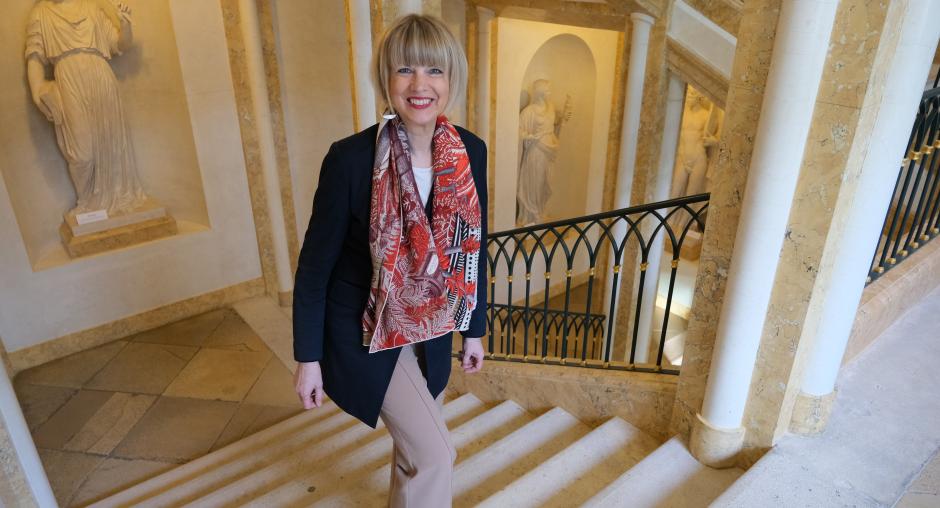
The Ministerial Council is composed of the Ministers for Foreign Affairs of the OSCE participating States and is the central decision-making and governing body of the Organization. Summit meetings at the level of Heads of State or Government are the highest decision-making body of the OSCE.
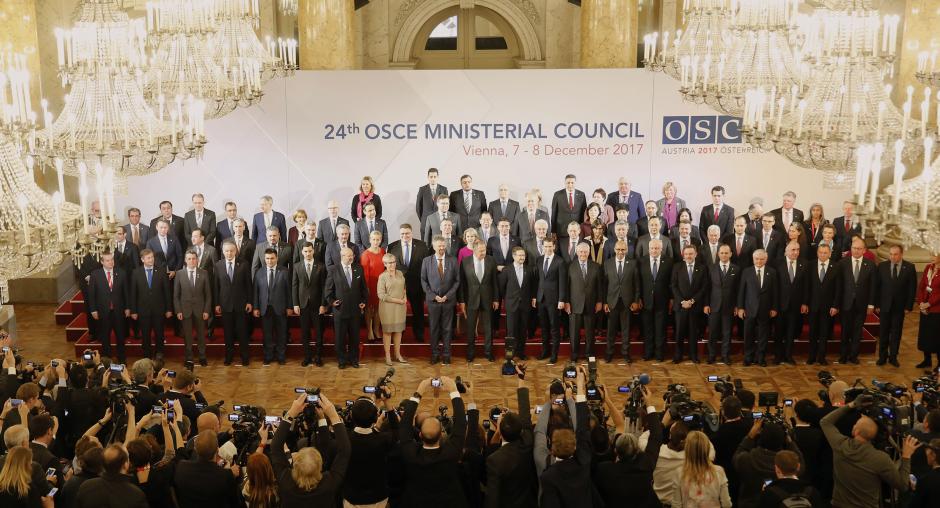
That is, saying that “the decision to send an OSCE needs assessment mission to the Republic of Armenia based on Armenia’s appeal was made by the OSCE Chairmanship and the Secretariat, taking into account the relevant decisions of the OSCE Ministerial Council, which were adopted with the agreement of all participating countries of the Organization” raises great doubts.
If we take into account at least the negative reaction of Baku to this mission, it becomes clear that Azerbaijan did not give its consent to this mission. When looking at the list of participating countries, it is unlikely that more than half of them gave their consent. This is the case if they were asked about consent.
So why is Azerbaijan against?
- Azerbaijan thinks that it is necessary to minimize international participation in the process of normalizing relations with Armenia. Baku believes that based on the Trilateral Statements adopted following the 44-day war, the main participants in this process are Azerbaijan, Armenia, Russia and Turkiye;
- Azerbaijan is against the fact that the leadership of Armenia is striving to withdraw from its obligations under the Trilateral Statements and is trying to introduce new mediators into the process of normalizing relations. Baku understands that Armenia is trying to stretch the decision-making period and strengthen its negotiating position;
- Baku believes that the process is maximally internationalized. Due to Russia’s inability to make progress on the normalization process, Baku agreed to EU mediation. Baku is not enthusiastic about the EU mission in Armenia either, but it is limited in time and with the same limited cooperation with Azerbaijan. Azerbaijan is against expanding the platform where the Armenian-Azerbaijani agenda is discussed. The agenda remains the same: a peace treaty and the fulfillment by Armenia of the obligations from the 44-day war.
Baku has already expressed its dissatisfaction with the visit of the OSCE technical group to Armenia. The Azerbaijani Foreign Ministry issued a statement saying:
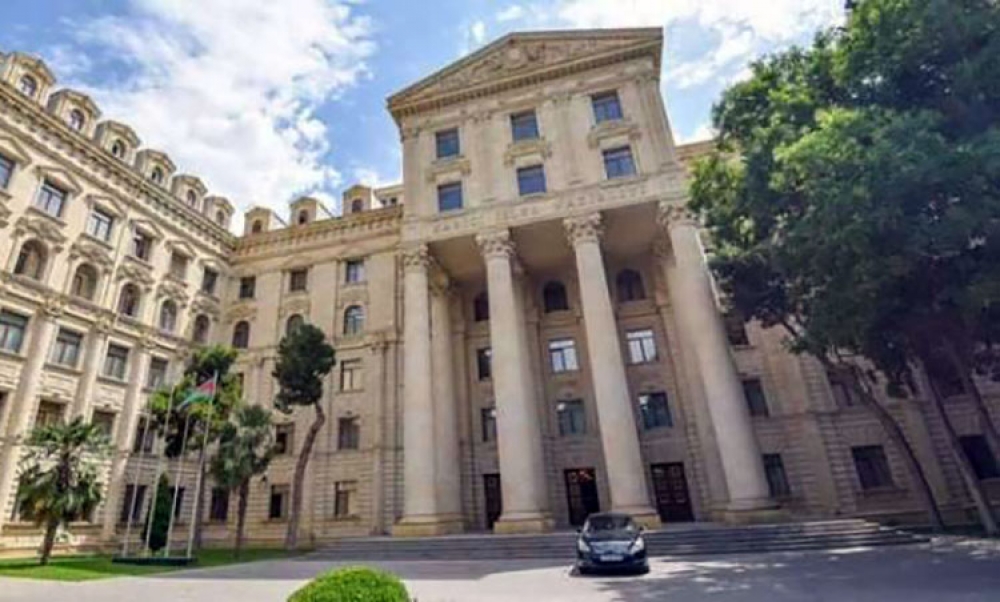
“Any group called an "OSCE needs-assessment Mission to Armenia" does not have an OSCE mandate, cannot be associated with the OSCE in any way, and none of its outcomes or reports can be accepted as an OSCE document. The issue of sending such a mission was never discussed by any collective decision-making body of the OSCE, and as a result, no decision has been taken on this matter.”
“Such an ill-advised unilateral action by the OSCE Chairmanship and Secretariat goes contrary to the basic principles of any responsible and credible mediation and confidence-building, which require, inter alia, the consent of the parties, the impartiality of mediators and compliance with obligations of States under international law,” the ministry said.
Azerbaijan also refuses to discuss the OSCE budget for next year until the issue is resolved, which concerns sending a group of observers from the organization along the border with the state to Armenia. Baku will not tolerate violations and disregard for documents, the country’s representation to the OSCE reports. And until the situation was corrected, the Delegation would not consider the budget proposal.
This unilateral action to send a team of observers raises questions about the goals and programs to support the achievement of these goals, as presented in the draft Unified Budget Proposal for 2023. Until the current situation is corrected, the Azerbaijani delegation will not consider the budget proposal, representatives of Baku to the OSCE say.
The Delegation from Azerbaijan underlined that it retained the right to revisit this issue when appropriate. Representatives of the country added that the OSCE could not send a mission to Armenia without the consent of the interested parties, which are Baku and Yerevan. Decisions must be made by consensus, the delegates added.
So, any conclusions of the mission sent to Armenia under the auspices of the OSCE will not be perceived by Azerbaijan as an assessment of this organization, since the algorithm for making a decision to send the mission is violated.
Baku believes that the unilateral decision to send the OSCE mission to Armenia was made by the Secretariat in violation of the organization’s procedures, which are based on the principles of consensus. Sending a mission without the consent and even prior notification of the Azerbaijani side is contrary to the rules of the organization. Azerbaijan made it clear that it might not approve the organization’s budget, which could lead to paralysis of the work of its structures.
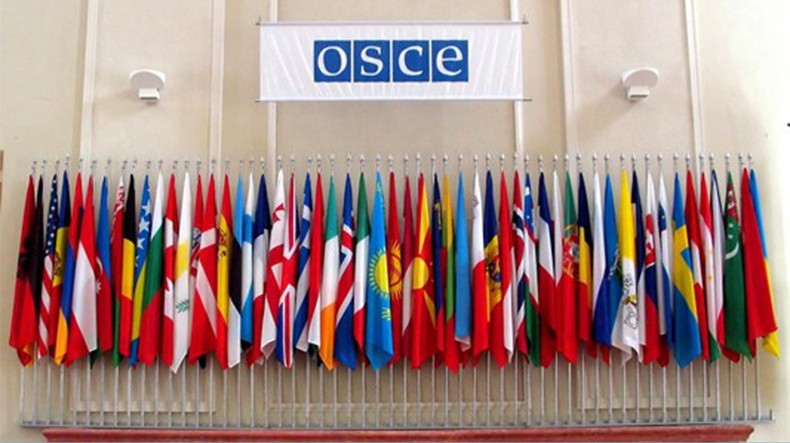
Interestingly, during the Second Karabakh War, the US and France, as co-chairs of the OSCE Minsk Group, limited themselves to general statements calling for peace. However, after the temporary deployment of the Russian peacekeeping contingent in Karabakh, the EU began to actively compete with Moscow for influence in the region, and now Brussels calls the South Caucasus a “key region.” According to the Russian Foreign Ministry, the West is making attempts to “wedge itself into the settlement of relations between Baku and Yerevan, squeezing Russia out.”
Russian experts note that so far, this includes actions of a more formal nature, but this may be only the beginning of some kind of operation that can undermine regional stability.
This judgment finds justification in Macron’s scandalous statement about “joint activities of Moscow, Baku and Ankara against Armenia”, which introduces the activities of any European mission into a certain confrontational context, and not into the zone of the EU’s verbally declared aspirations to normalize relations in the region. Moreover, in essence, Macron introduces a complex logic of the regional process into the confrontation between the West and Russia. As for Moscow, it declares that “Paris’s attempts to drive a wedge into Russia’s relations with Azerbaijan and Armenia, which are close to us, with which Russia is united by long-term and multifaceted ties, are doomed to failure and will only lead to further depreciation of France’s authority in the region.”
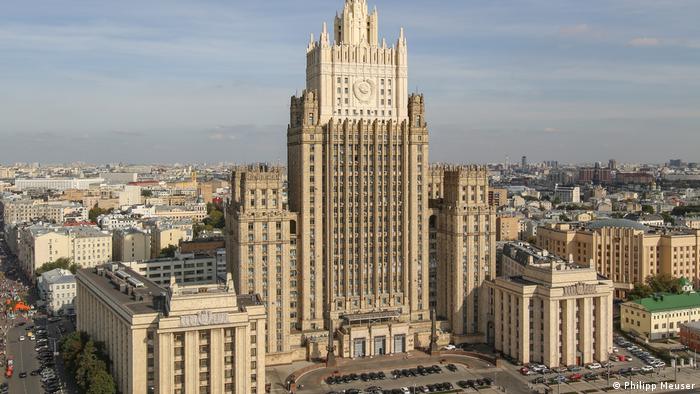
It is impossible not to pay attention to the pace and events taking place in Armenia: Yerevan began to turn into a gateway for American politicians. Thus, a delegation of the House of Representatives of the US Congress headed by Chairman of the Democratic Partnership Commission of the House of Representatives David Price arrived in Armenia. In mid-September, a delegation of American parliamentarians headed by Nancy Pelosi visited there. CIA chief William Burns and Damon Wilson, head of the notorious National Endowment for Democracy, have already visited Armenia. There were also telephone conversations between Pashinyan and US Secretary of State Antony Blinken. In turn, the Armenian leadership began to appear more often in European capitals, which demonstrates its intention to change the previous balance of power in the region with a reduction in Russia’s dominance there, while at the same time reformatting public life in Armenia itself.
In a word, Armenia is trying to stretch the decision-making period and strengthen its negotiating position, at the same time trying to simultaneously use Russian support and resources, but pursue a pro-Western foreign policy. This will not end well for Armenia.




















